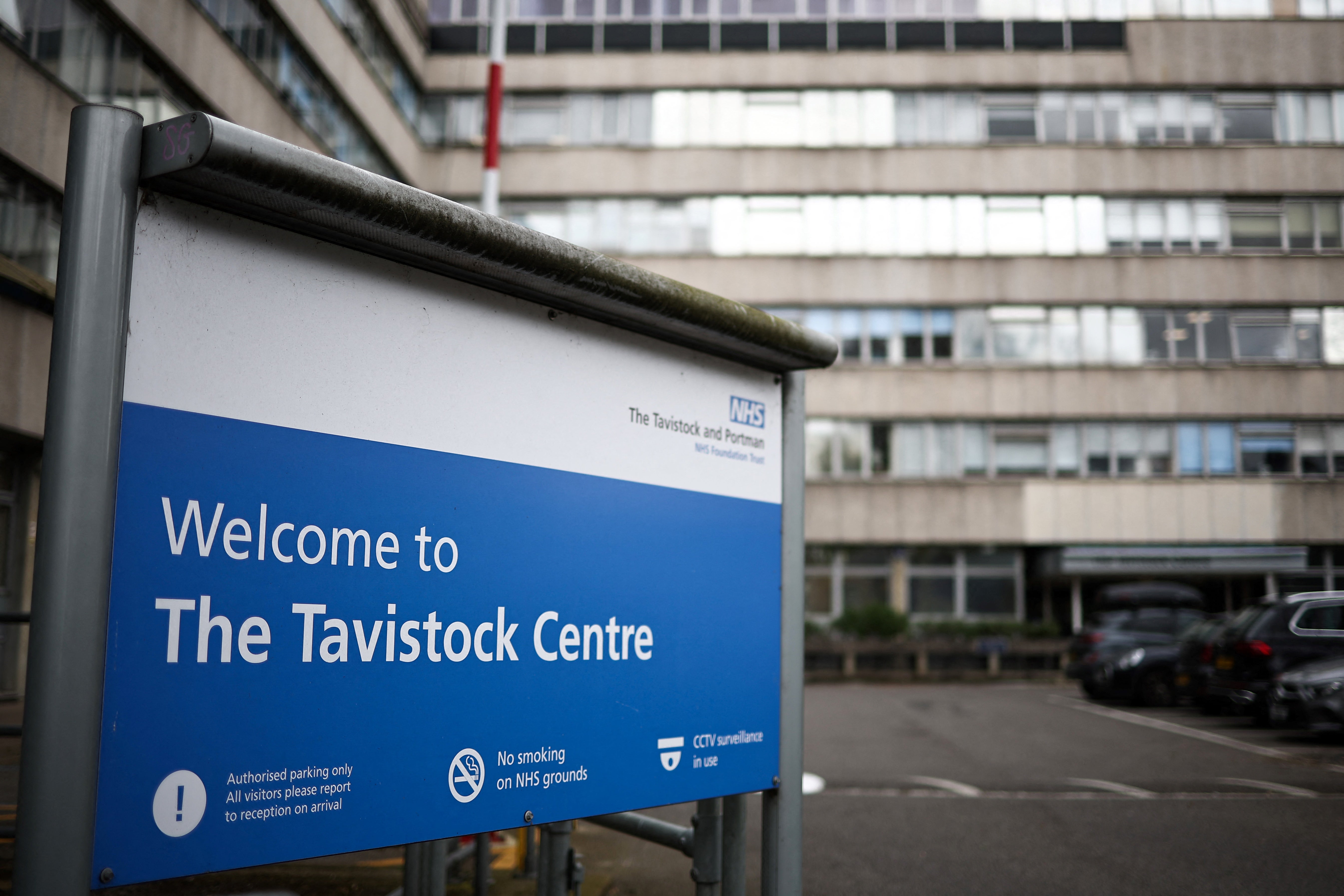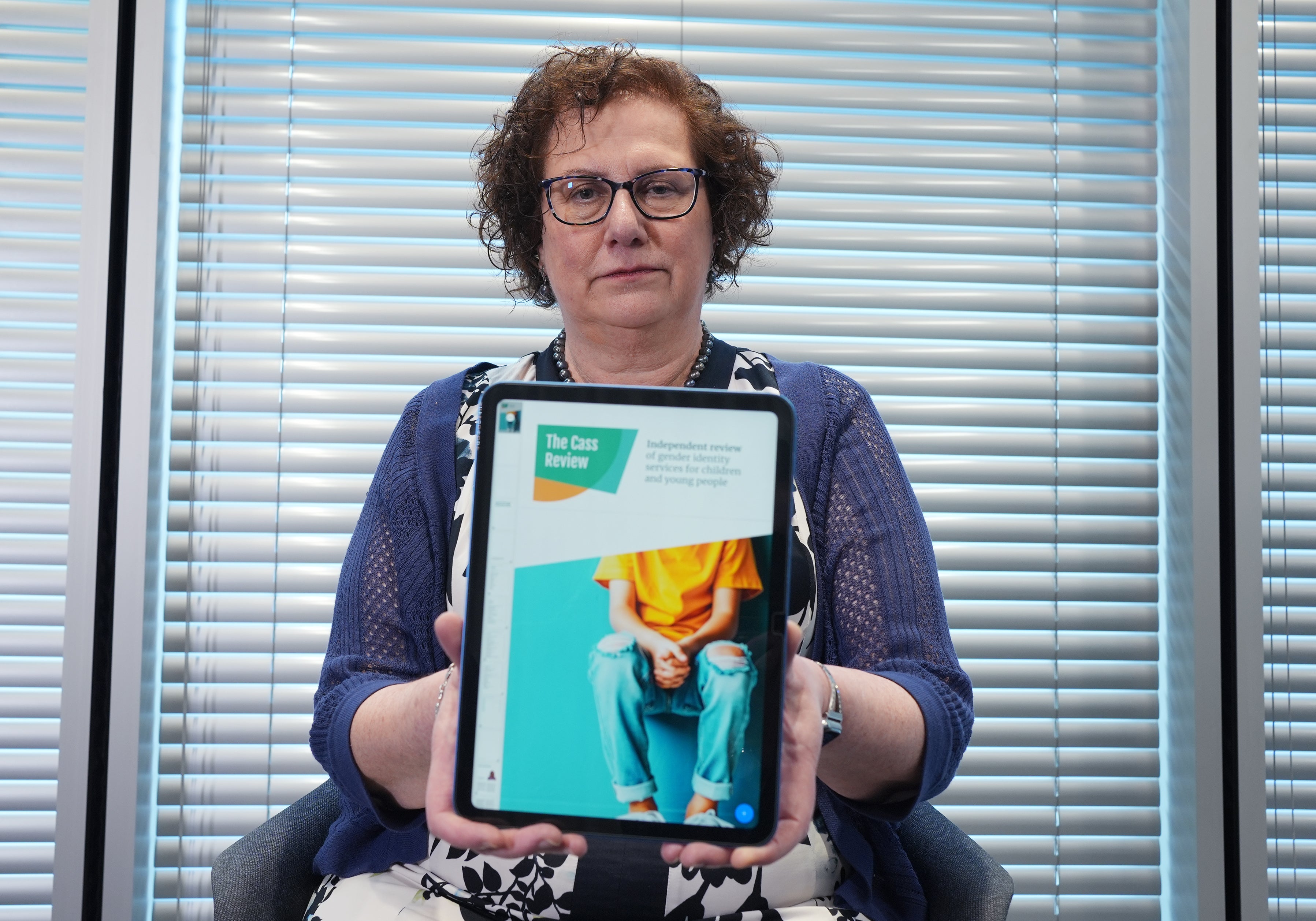Children aged under five are among a soaring number of young people waiting for gender care treatment as the NHS grapples to clear a backlog of patients.
The number of children waiting for treatment in England and Wales has risen by 12 per cent in a year, with 6,225 children now on the national waiting list, up from 5,560 a year earlier.
A total of 157 of those are aged under 10, with up to 10 aged under five. Average waiting times have also grown to more than two years for a child to get a first appointment at a specialist clinic.
One expert warned children need help “before they reach crisis point”, with numbers showing that “demand is outpacing supply”.
Responding to the latest figures, the NHS medical director for specialised services, Professor James Palmer, said he understands it “can be really difficult” for children and their families waiting to be seen.
TransActual, a charity supporting trans people, said the waiting list figures were “unacceptably high”.
Two new gender care services led by London’s Great Ormond Street Hospital (Gosh) and Alder Hey Children’s Hospital in Liverpool opened in April 2024 following the closure in March 2024 of the UK’s dedicated gender identity clinic, run by the Tavistock & Portman NHS Foundation Trust.

A third service has since opened in Bristol while another is planned for the East of England “later this spring”, according to the Department of Health and Social Care (DHSC). The aim is for there to eventually be up to eight specialist children’s gender clinics covering the seven NHS regions in England.
Last year, health secretary Wes Streeting branded waiting times “unacceptable”, acknowledging the “enormous distress” they can cause.
Waiting times for a first appointment have also risen, to an average of 116 weeks at the end of March from an average of 100 weeks at the end of May last year, according to a Freedom of Information request by the Press Association.

There is no minimum age requirement for gender care and the NHS previously said it wanted to ensure parents of very young children are given support where necessary, with some aged under five seeking help.
Dr Roman Raczka, president of the British Psychological Society, said: “It is essential that children, young people and their families can access the professional care and support they need, before they reach crisis point.
“Demand is currently outpacing supply. This contributes to a range of broader challenges which face children and young people’s services that require further investment.”
Chay Brown, operations director for TransActual UK: “Trans and gender questioning children and young people are having to wait years to access support from the NHS.
“The majority of people leaving the waiting list at that time will have aged out. Sadly, some will have died whilst waiting – waiting times for NHS gender services have been cited in several prevention of future deaths reports.”
Following last year’s Cass Review, which concluded children had been let down by a lack of research and evidence on medical interventions in gender care, NHS England announced a new plan which requires new referrals to the clinics to have been seen by a GP and mental health specialist or paediatrician first.
Some 250 patients transferred from the Gender Identity Development Service have been seen by new services, and it is understood that each of the new clinics is designed to see 25 patients a month.
Guidance expected to be published later this month will see the health service move away from a “medical model” in favour of a “holistic” approach to children’s gender care, as per recommendations from the Cass Review.
According to leaked plans reported last month, children who have gender dysphoria will now be tested for neurodevelopmental conditions, including autism and attention deficit hyperactivity disorder (ADHD).
Prof Palmer said: “We know it can be really difficult for children and young people and their families who are waiting to be seen by our new holistic gender services, and that’s why it has been so important that we put a new system in place to ensure that, while they’re waiting, they can access mental health support if they need it.
“The NHS is now almost halfway through its planned expansion of regional services, and we are seeing significantly fewer referrals as children are first assessed by paediatric or mental health experts and provided with care in NHS services that are more appropriate to their needs.”
Puberty blockers are not prescribed on the NHS to children for the treatment of gender dysphoria, after a ban last year was made permanent in December.
Plans remain in place to set up a clinical trial into their use this year, although no patients have yet been recruited and ethical and regulatory approval is being sought.
A DHSC spokesperson said: “We are working with NHS England to reform children’s gender services in line with the recommendations from the Cass review, to provide children with timely, holistic support.
“We’ve opened three new children and young people’s gender services, with a fourth anticipated to open later this spring. These new services will increase clinical capacity and reduce waiting times, so patients can be seen sooner and closer to home.”
A&E patients needlessly die every week while waiting for hospital beds
It is time to call care workers like me skilled – and pay us properly for all we do
NHS bosses who fail to cut waiting times to have their pay docked
Top doctor warns government ‘neglecting’ old people spending days on A&E trolleys
Study finds one in four children have a parent with a substance use disorder
Have your say: Has the assisted dying bill been strengthened or lost its safeguards?







